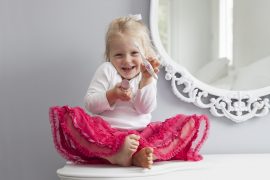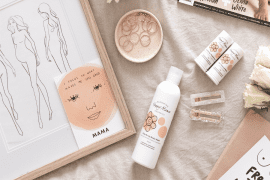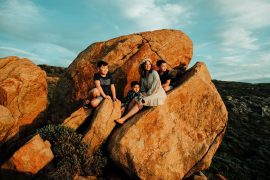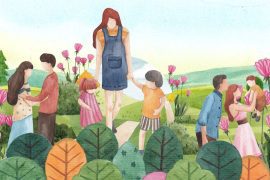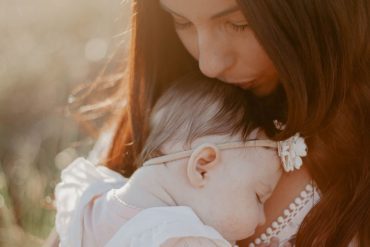Then, when my daughter was two years old, a job came up that captured my interest: working as a counsellor with survivors of torture and trauma.
In this role, I learnt more about trauma and trauma-informed counselling on a daily basis. I could relate to my clients, because I understood what it was like to have been through something that was both life-threatening and life-changing. The confusion, the anger, the fractured sense of self, all aspects with which I could deeply empathise due to my own first-hand experience.
It was here that I learnt the term post-traumatic growth. Whilst trauma can certainly change the brain in many adverse ways, the brain itself is plastic, which means that reorganising and growing new neural pathways is also possible.
I had hope that there was the potential for still more healing and it was this hope that led me to the Narrative-Exposure Therapy techniques and Judith Herman’s recovery model of Safety, Remembrance and Integration. I made sense of the trauma on both a theoretical and an embodied, empirical level. I talked about my birth story in mothers’ group and I no longer fell into a crying mess when retelling the story.
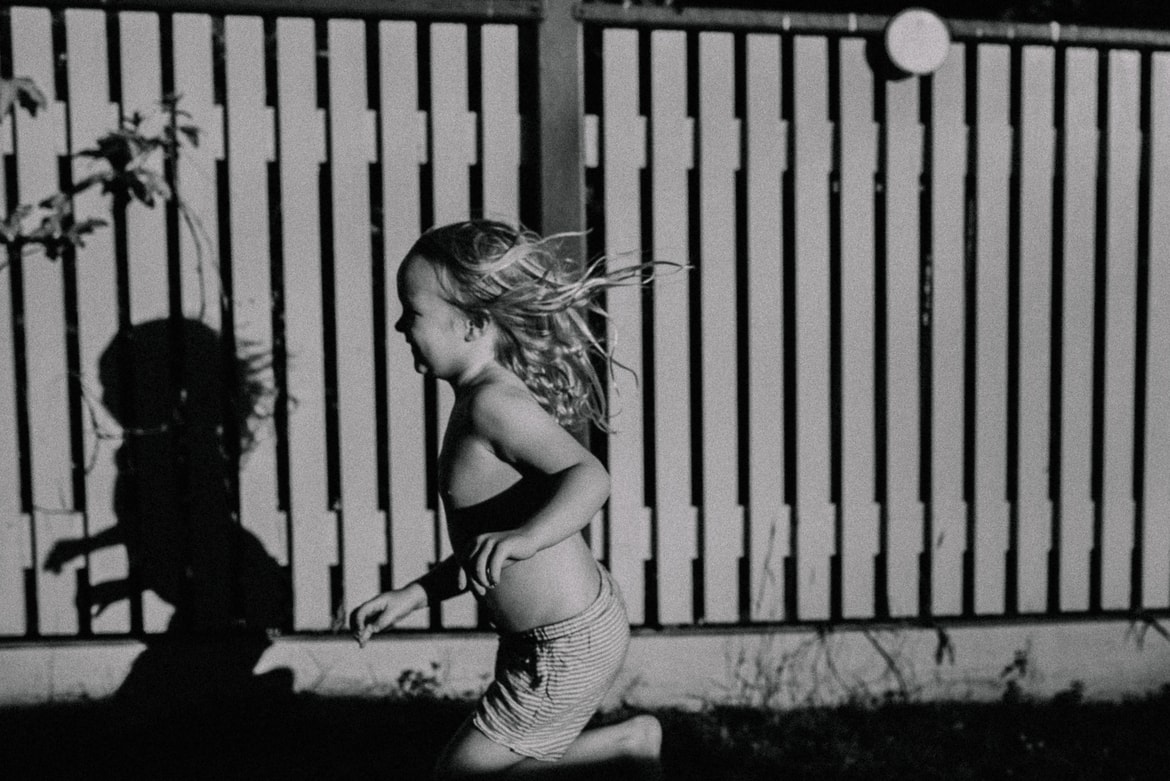
I now work with mothers who want to be released from the internal prison that trauma can cause and become. Building safety is the first step and I believe it is incredibly important to codesign the therapy model used according to the individual needs of women. This is soul-filling work for me as I know how much it helps and understand the value of having someone validate your feelings and listen to your story without judgement.
Please do not feel you have to go on a healing journey on your own.
I am sharing my story with you in the hope that it too gives YOU the hope to heal. Post-traumatic stress is the brain and body’s normal response to something that is not normal, something out of the realm of belief. Fantastic advocacy and support groups exist, such as Birthtalk in Brisbane, and working with a professional one-on-one can allow you the time and nurturance needed to process any lingering feelings about your birth. If you face the traumatic experience with safety, support and evidence-based counselling, one day it will not impact you as much as you may currently fear it always will. And that is a day worth hoping for.
Arohanui
Rebecca xo
If you require urgent assistance, please call:
Lifeline NZ: 0800 LIFELINE (0800 543 354)
Lifeline Australia: 13 11 14
In the case of an emergency call:
Emergency NZ phone number: 111
Emergency Australia phone number: 000
References
Bruijn, M., & Gould, D. (2016). How to heal a bad birth: Making sense, making peace, & moving on. Birthtalk.org.
Herman, J. L. (1997). Trauma and recovery. New York: Basic Books.
Schauer, M., Neuner, F., & Elbert, T. (2011). Narrative exposure therapy: A short-term treatment for traumatic stress disorders (2nd rev. and expanded ed.). Hogrefe Publishing.
Rebecca Rylands is a mother, musician and counsellor, with a wealth of experience drawn from the best part of a decade within educational and community settings. For more information check out www.rebeccarylandscounselling.com.au.

